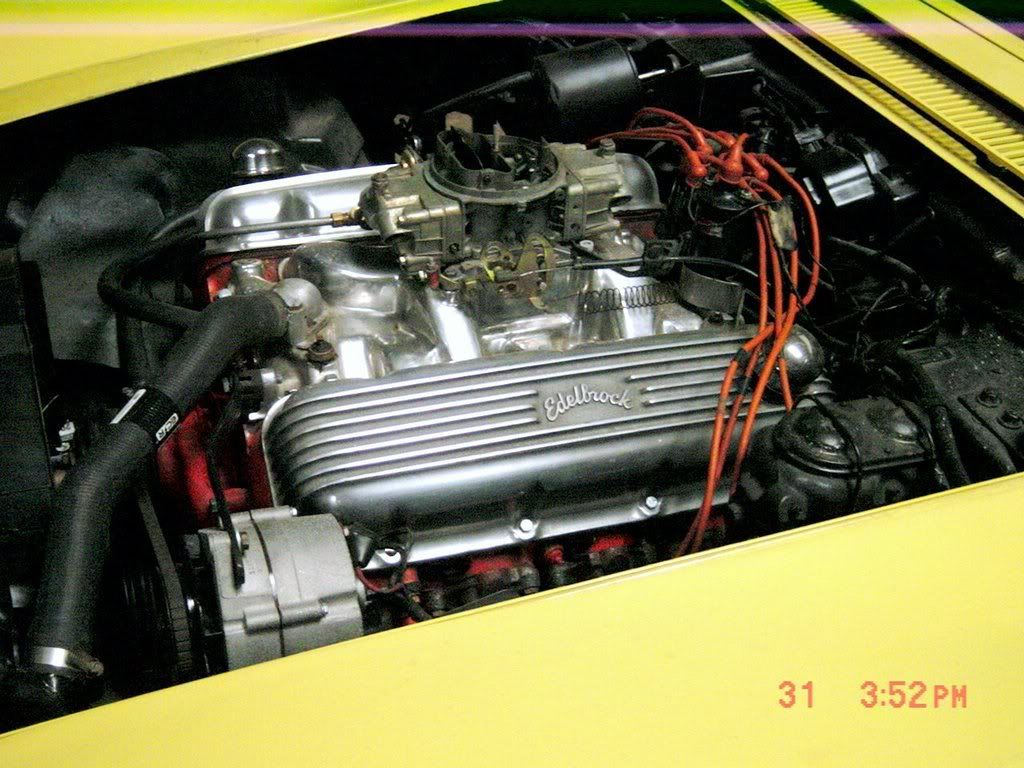jims427400
Well-known member
- Joined
- Jun 7, 2005
- Messages
- 763
- Location
- Temperance Michigan
- Corvette
- 67 427 tripower,68 427 tripower,04 Z16, 62 340hp
My 68s oil pressure guage didnt work, so I hooked up an external guage to the block to varify good pressure, and it was. So it had a cheap plastic line at the time so I removed it and installed a nice copper lined one and attached it to the guage and no readings.
My question is am I suppose to bleed the line first before attaching to guage ? If not, any suggestions what my problem may be ?
My question is am I suppose to bleed the line first before attaching to guage ? If not, any suggestions what my problem may be ?

 Art
Art Unless someone one wants to speculate that that a broken oil line would cause the engine to seize, which would deprive the booster of vacuum just at the same moment that the driver needed to make a panic stop, only to find that he had a hidden fault in his booster- a defective check valve. Ya, that's it.
Unless someone one wants to speculate that that a broken oil line would cause the engine to seize, which would deprive the booster of vacuum just at the same moment that the driver needed to make a panic stop, only to find that he had a hidden fault in his booster- a defective check valve. Ya, that's it. 







